QuickTake 100 Launched
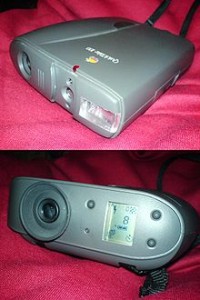
Apple launches their QuickTake 100 digital camera, one of the very first digital cameras aimed at the consumer market. Unfortunately for Apple, as was endemic for them at the time, they didn’t execute the marketing for this device very well, allowing other companies to take the lead in the digital camera market. Apple was out of the digital camera market by 1997.
First Weather Satellite Launched

Vanguard 2, the first weather satellite in space, is launched to measure cloud-cover distribution. The satellite is still in orbit today and is expected to continue to orbit for about 300 years.
IBM Portable PC Introduced
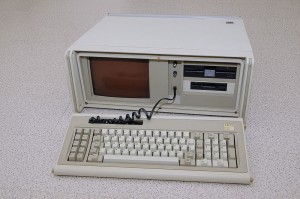
IBM introduces the IBM Portable Personal Computer, an early portable computer. It featured a 4.77MHz Intel 8088 processor, 256KB RAM, a 9 inch amber monitor, a 5.25″ floppy drive, and the DOS 2.1 operating system. It weighed 30 pounds and cost $2,795. Try setting that on your lap.
The First BBS Goes Live
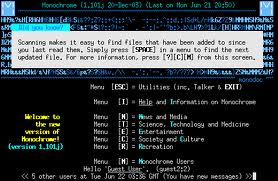
The first computer bulletin board system is created (CBBS in Chicago, Illinois). BBS systems were where a lot of us were first introduced to the concept of e-mail, years before the Internet went mainstream. OK, maybe not “a lot” of us. Just the geeky ones. In the time before computers were cool. Computers are cool now, aren’t they?
911 Begins Service

In Haleyville, Alabama, the first 9-1-1 emergency telephone system goes into service.
Windows Refund Day
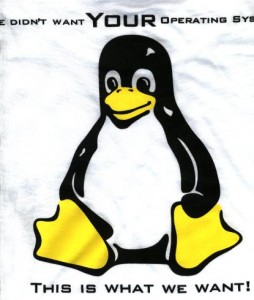
Hundreds of computer owners (dominated by Linux users) march on Microsoft’s offices demanding refunds for the copies of Windows that came pre-installed on their computers. This day came to be known as Windows Refund Day.
They Put the “You” in “Tube”

The now-ubiquitous video sharing site, YouTube, is launched. Few web sites have had such an immediate impact on our usage of the Internet. Less than 2 years after its launch, Google paid $1.65 billion dollars to purchase it. Today, it only trails Facebook, Google, and Gmail as the most visited web sites in the world. Additionally, they created a new marketplace for the words “you” and “tube”.
Hacker Mitnick Arrested

Computer hacker Kevin Mitnick is arrested. At the time, he was the most wanted computer criminal in the United States. Now he is a computer security consultant. At least he knows what he’s doing.
ENIAC Dedicated
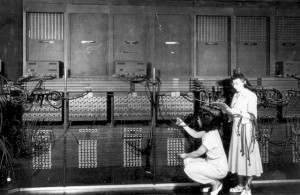
ENIAC, the first general purpose electronic computer, was formally dedicated at the University of Pennsylvania. It was one thousand times faster than electro-mechanical computing machines of the time, an increase in computing power that no machine has since matched.
First Modern GPS Satellite Launches

The first of 24 Block-II GPS satellites was launched. Block-II were the first modern GPS satellites that form the modern GPS system we know today.
